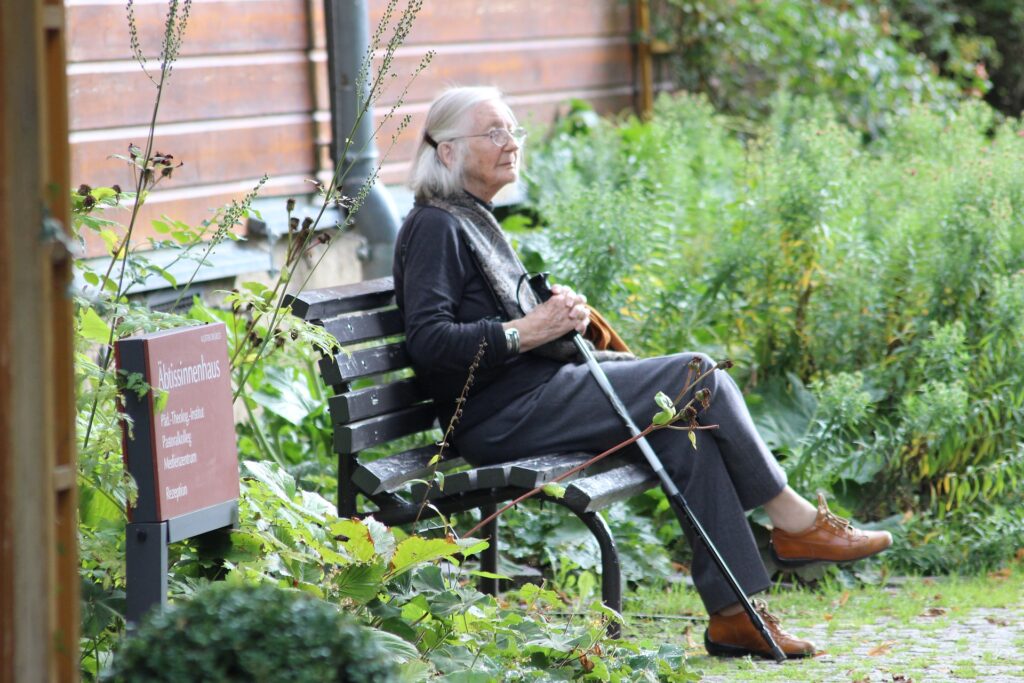Dementia care has come a long way in the past century. Whereas dementia care focused on keeping dementia patients sedate in the past, today, it focuses on increasing their overall quality of life. One proven method of accomplishing this goal is through engagement.
Per findings published in the US National Library of Medicine, engaging a dementia parent can have several beneficial outcomes. Among those include:
- Increased positive emotions.
- Decreased problem behaviors.
- Improved activities of daily living.
- Enhanced quality of life.
Engagement can also help prevent feelings of boredom, loneliness, apathy, and depression, all of which are common among dementia patients.
At Caring Places Management, we understand just how important it is to engage our memory care residents, which is why we offer several activities and programs for patients living with dementia. We work with families to identify the best activities for dementia patients and cater our programs to individuals’ needs and abilities. In developing individualized programs, there are certain factors we consider and goals we hope to accomplish.
Cater to a Patient’s Interests
When coming up with an activities schedule for your aging parent, the foremost thing we consider is their prior and current interests. What interests or hobbies did your parent have or engage in prior to their diagnosis? Did your mom enjoy crafting, gardening, cooking, or reading? Did your father like to fish, listen to music, watch sports or woodwork? Come up with as many activities as you can think of, and then, together, we can brainstorm creative ways to incorporate those interests back into your parent’s life.
As an example, for many of our residents, music was a big part of their pre-diagnosis lives. In addition to group music sessions, we offer an individualized Brain Music program in which we cater the music selection, volume, and length of playtime to suit residents’ preferences. The goal is to create an intimate and profoundly personal setting that triggers repressed memories and emotions and activates different brain parts, such as speech and movement.
Consider Old Routines
Familiarity and routine are crucial to a dementia patient’s cognitive health and overall quality of life. Per the Alzheimer’s Project, a consistent routine can help to decrease the incident rates of undesired behaviors, such as aggression, agitation, and restlessness.
Even more important than routine is familiarity. Dementia gradually impedes a person’s ability to plan, initiate and complete an activity. Yet, when a patient engages in the same exercises day after day, year after year, those activities become a part of their muscle memory. While your parent may no longer be able to go to work, cook a meal or even tie their shoes, they may still be able to read the newspaper and enjoy a cup of coffee. Though seemingly minor to you, establishing a morning routine in which they do just that can have a calming and empowering effect on them and instill a much-needed sense of independence. More importantly, by keeping your parent’s routines more or less the same, you can help to establish patterns that may, eventually, transfer to their long-term memory.
At Caring Places Management, we have several Life Skills Stations that help patients practice and retain the skills they gathered throughout life. Our Life Skills Stations emulate kitchens, nurseries, libraries, offices, and workshops, among other parts of the home. More than that, though, these stations give residents a sense of control, power, and purpose, as they are built around tasks that promote identity, independence, function, and self-worth.
Consider Disease Progression
Alzheimer’s is a progressive disease that occurs in three stages: early-stage (mild), middle-stage (moderate), and late-stage (severe). Regardless of your parent’s stage, our goal at Caring Places Management is to prevent or stave off further mental decline. One way in which we hope to accomplish this is through brain games.
Research shows that just five to six weeks of 10-hour sessions of the same brain exercises can improve participants’ skills in these areas for at least five years. Moreover, engagement in brain exercises leads to considerable improvement in everyday tasks, such as household chores, money management, and self-care and hygiene. Finally, while they cannot prevent mental decline altogether, brain builders can help slow the progression of Alzheimer’s symptoms and ensure patients spend a shorter part of their lives with severe decline.
At Caring Places Management, we host Brain Builders activity sessions twice a week for residents living with dementia and residents within our assisted living and independent living communities. Though activities vary from session to session, they typically include card games, board games, puzzles, and other stimuli designed to promote brain health.
Our care team understands how scary a dementia diagnosis can be for both patients and their loved ones. While you cannot undo a diagnosis, you can partner with a facility that provides tips and activities for engaging patients living with dementia and ensure your loved one enjoys the highest quality of life possible post-diagnosis. Contact Caring Places Management to see if we are that facility for you.

